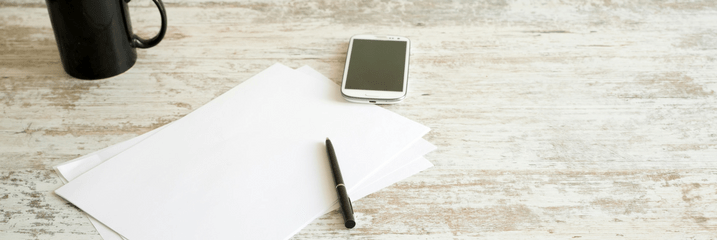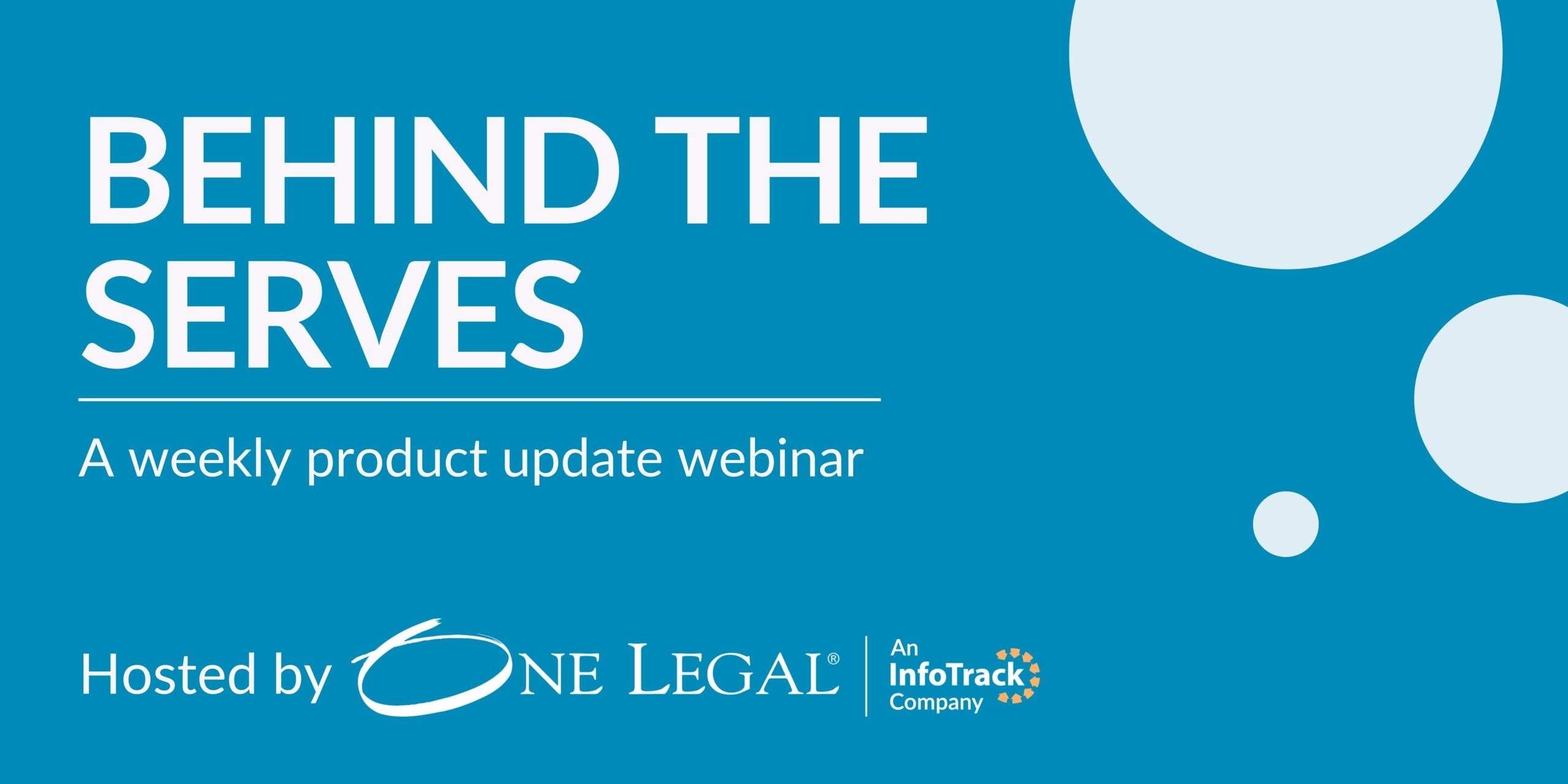In this age of computers, smartphones, digital voice recorders, and so on is note taking even a necessary skill for legal professionals anymore?
Legal professionals attend numerous meetings and rarely show up in the conference room without a notebook (a paper or electronic one), but do they actually take notes, and more importantly, do they ever go back and read them later?
The answer is they should be, and — if they’re taking notes properly — they’ll know the enormous benefits that can be obtained from a well-taken note.
Taking better notes
Although there isn’t a lot of research regarding the benefits of digital note taking versus handwritten notes, a research team from Carnegie Mellon found that typing out notes improves recall later, while copying and pasting can be detrimental to learning “because it encourages wordiness.”
Following the same logic, the Cornell Method of note taking is built on the belief that taking notes by hand is even better than typing them on a computer because handwriting forces the note taker to slow down and focus on what is important, greatly increasing comprehension.
The Cornell method is a systematic format for condensing and organizing notes that requires the note taker to separate their notes into two sections along with a summary, and many legal professionals swear by it.
But regardless of which method you favor, here are some tips to be a better note taker:
#1. Be organized
Per a study conducted by Harvard University comparing different methods of note taking, the most highly organized ones with numbered subsections were the most accurate. However, the two-column method, in which the left column contains information from a given event and the right column is used to add follow-up points and important themes later was a close second.
There wasn’t really a lot of difference between the two regarding the note taker’s ability to recall the information later, however.
#2. Write less, not more
Proponents of the Cornell Note-taking System advise note takers to treat notes like an outline: Shoot for key points, not a full transcript.
Use the left-hand margin as a “cue and recall” section that contains a series of questions, notable points, or action items, and the right, “note taking” section as something you will return to later to revise and write down questions.
The summary at the bottom is intended to briefly summarize the notes on a particular page. Spend at least 10 minutes each week reviewing all your previous notes, and you’ll likely retain a great deal more information.
#3. He said she said
When taking notes in a law firm, it is important to indicate who said what you’re writing down, unless you want to take the risk of attributing someone’s statements to the wrong person.
A quick notation of the speaker’s initials next to the statement will usually do the trick. If a lawyer is participating, indicate so, as this may help your lawyer separate out documents that might be protected by the attorney-client privilege.
And don’t forget to list the participants in the meeting, including those doing so via phone. This will help refresh your memory if you’re ever asked to testify about the meeting sometime in the future.
#4. The power of doodling
A picture is worth a thousand words, and research has shown that doodling can help people stay focused, grasp new concepts, and retain the information.
Doodling – be it abstract patterns or more concrete images of objects, landscapes, or people – may look like idle scribbling, but researchers suspect that it may help the brain remain active by maintaining a baseline of activity in the cerebral cortex in the absence of external stimuli.
What all this means is that doodling helps people pay attention during long, boring meetings and when used in combination with key words, can allow them to reconstruct much of what they heard, according to a Wall Street Journal report.
#5. Listen first, take notes second
Taking good notes may even mean not taking notes during a meeting itself. Instead, pay attention and write it down later. Note taking is important, but not as important as listening, so be careful not to let note taking interfere with your listening. Listening and actually hearing what is being said is essential for all legal professionals.
***








